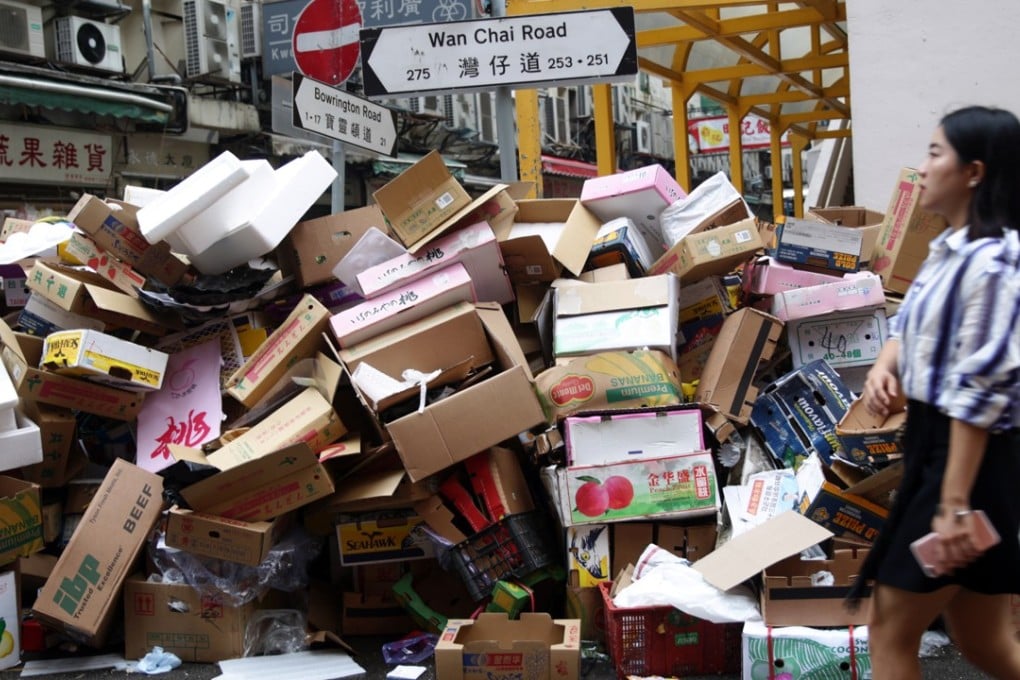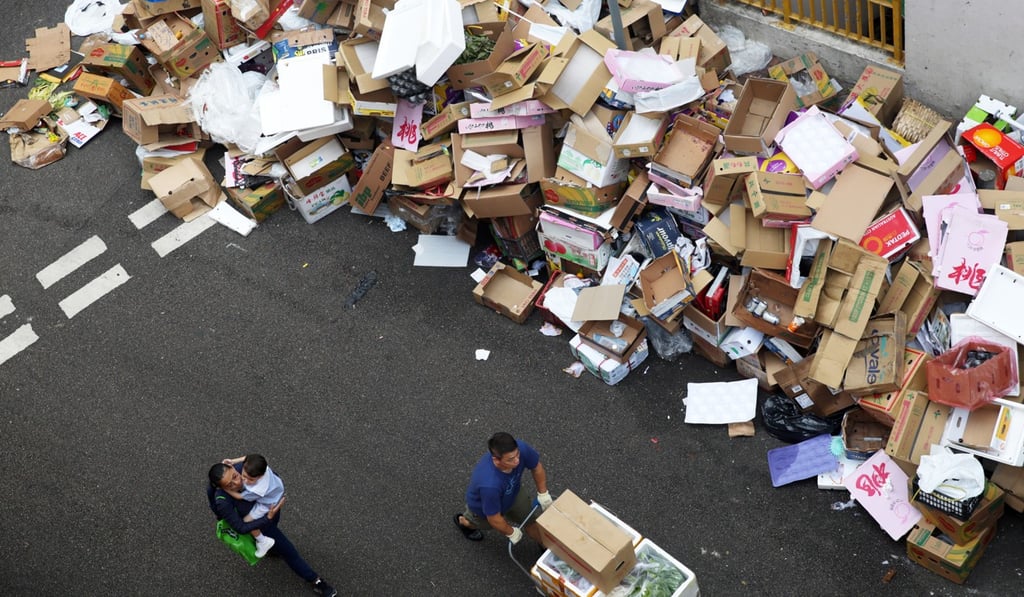Tighter mainland China rubbish import policy hits Hong Kong street collectors hard
City’s most vulnerable feel pinch as prices tumble for recycled materials

An overhaul in mainland China’s policy on waste imports is shaking up Hong Kong’s recycling industry, with the most vulnerable frontline street collectors – often the city’s poorest and elderly – already hurting from its impact.

Sze Lai Shan, organiser of the non-profit Society for Community Organisation (SoCO), said the city had about a few thousand active street collectors. Elderly who subsist on their savings and community care funds as well as jobless middle-aged women comprised the bulk of the collectors, Sze said. She feared the waste ban would exacerbate their plight and impose heavier burdens on welfare groups.
Ahead of the ban, the Post spoke to two people who would be among those affected:
Case one